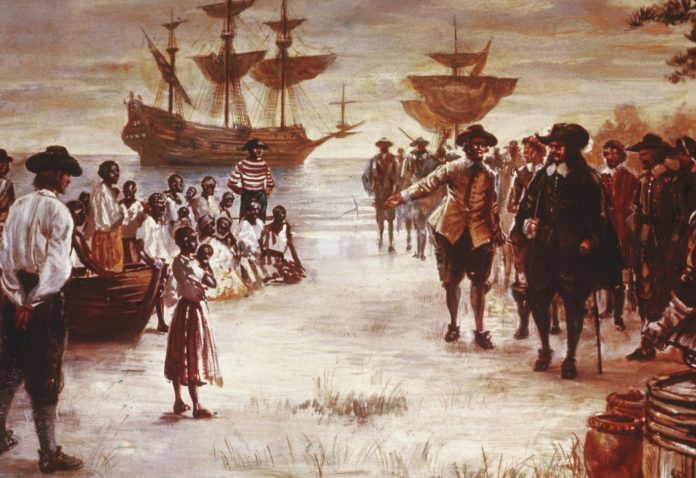The 9 Dumbest Moments in History — That Actually Changed History.
Throughout history, there have been many moments that were considered ‘dumb’ or foolish at the time they occurred. However, as time passed, these moments turned out to have a significant impact on history, changing the course of events in unexpected ways.
Here are The 9 Dumbest Moments in History:
The Battle of Marathon
The Battle of Marathon took place in 490 BC when the Persian army invaded Greece. The Athenians, with their smaller army, managed to defeat the Persians and stop their invasion. However, this victory is not what makes this moment ‘dumb.’ What is dumb is the fact that a messenger named Pheidippides was sent to run from Marathon to Athens to deliver the news of the victory. After running the 26.2 miles to Athens, he exclaimed, “Rejoice, we conquer!” before collapsing and dying from exhaustion. Today, we celebrate this ‘dumb’ moment with the modern-day marathon, which is exactly 26.2 miles long.
The Boston Tea Party
In 1773, the colonists in Boston decided to protest against the British tax on tea by throwing crates of tea into the Boston Harbor. This act of rebellion was also considered ‘dumb’ at the time, as it was seen as a criminal act of vandalism. However, this act of protest is now seen as a turning point in the American Revolution. The Boston Tea Party helped to galvanize support for independence among the colonists and is considered a key moment in the fight for American independence.
The Trojan Horse
The Trojan Horse is a classic example of a ‘dumb’ moment that changed history. According to legend, the Greeks built a giant wooden horse and left it outside the gates of Troy. The Trojans, not realizing it was a trap, brought the horse inside their city walls. In the middle of the night, the Greeks inside the horse emerged and opened the gates of Troy, allowing the Greek army to enter and defeat the Trojans. This ‘dumb’ moment is now a popular metaphor for a trick or strategy that appears foolish but actually ends up being successful.
Related Posts
The Conquest of Mexico
In 1519, Hernán Cortés and a small band of Spanish soldiers landed on the shores of Mexico with the goal of conquering the Aztec Empire. Cortés burned his ships, making it clear that his men were there to stay and fight. This move was seen as ‘dumb’ by many at the time, as it left the Spanish without a way to retreat if they were defeated. However, this move also motivated his men to fight harder and was ultimately successful in conquering the Aztec Empire, leading to the eventual colonization of Mexico by the Spanish.
The Creation of the Potato Chip
In 1853, a chef named George Crum was working at a restaurant in Saratoga Springs, New York. A customer complained that his French fries were too thick, so Crum decided to slice them as thin as possible and fry them until they were crispy. The customer loved them, and the potato chip was born. This ‘dumb’ moment may seem insignificant, but the potato chip went on to become a wildly popular snack and is now a billion-dollar industry.
The Mistake that Led to Penicillin
In 1928, Scottish scientist Alexander Fleming returned from a vacation to find that a petri dish containing Staphylococcus bacteria had been left out and had become contaminated with mold. Instead of throwing it away, Fleming decided to study the mold and found that it had killed the bacteria. This ‘dumb’ mistake led to the discovery of penicillin, the first antibiotic, which has saved countless lives over the years.
The Sacking of Rome by the Gauls
In 390 BCE, a group of Gauls invaded Rome, hoping to capture the city and its treasures. The Roman army was unprepared for the attack and was quickly defeated. The Gauls then sacked the city, causing widespread destruction and looting. However, the attack had a significant impact on Roman society. The Romans realized that they needed to improve their military and fortifications to prevent future invasions. They began to invest in their army and created the first standing army in the world, which would become a formidable force in future wars. The attack also led to the construction of the Servian Wall, a massive fortification that surrounded the city and made it virtually impregnable. Thus, a ‘dumb’ moment of the Roman army’s unpreparedness ended up shaping the course of Roman history.
Napoleon’s Invasion of Russia
In 1812, Napoleon Bonaparte launched an invasion of Russia, hoping to extend his empire and defeat the Russian army. The French army was one of the most formidable in the world, and Napoleon was confident of victory. However, the Russian army adopted a strategy of scorched earth, burning their own crops and resources as they retreated, denying the French army any sustenance. As a result, the French army was left starving and exhausted, and when the Russian army finally launched a counter-attack, they were defeated. This ‘dumb’ moment of Napoleon’s overconfidence in his army and underestimating the Russian tactics changed the course of history, as it weakened Napoleon’s grip on power, leading to his eventual downfall.
The Assassination of Archduke Franz Ferdinand
On June 28, 1914, Archduke Franz Ferdinand, heir to the Austro-Hungarian throne, was assassinated in Sarajevo, Bosnia, by a Serbian nationalist. The assassination led to a chain of events that led to the outbreak of World War I. Austria-Hungary, believing that Serbia was responsible for the assassination, declared war on Serbia. This led to a series of alliances and declarations of war by other countries, eventually leading to a global conflict. The war led to the deaths of millions of people and the end of several empires.
These 9 Dumbest Moments in History also serve as a reminder that sometimes, taking risks and making unconventional decisions can lead to unexpected and beneficial outcomes.

